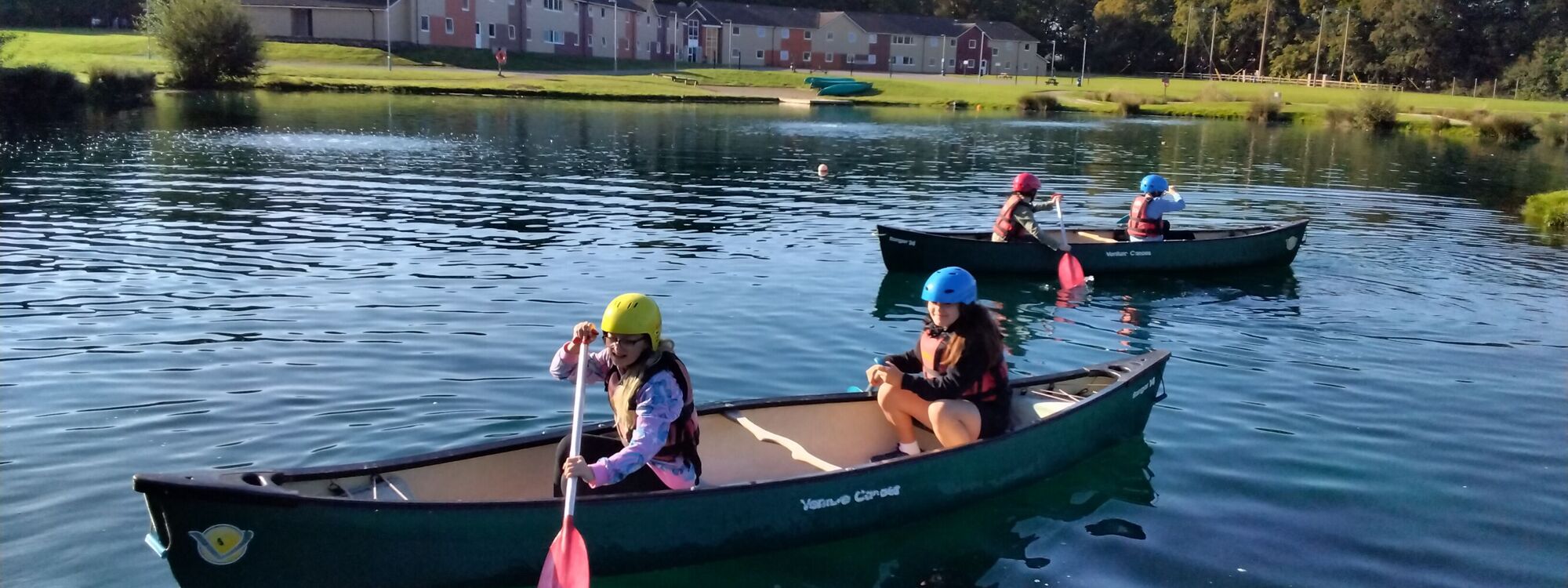Geography
Intent
At Netheravon All Saints we believe that Geography helps to provoke, and provide answers to, questions about the natural and human world that we live in both locally and globally. It includes the study of human and physical features and processes which shape locations and the people who live in them. It is not limited to learning about countries and what the climate is like. Skills developed through Geography help pupils to make sense of their surroundings and the wider world. We want the children to have an in-depth knowledge of both their immediate rural locality and the world beyond.
We ensure our Geography Curriculum is rooted in our ethos and vision of the school: service, courage and faith. Through ensuring that, as well as delivering geographical knowledge and skills, lessons also develop children who respect and take care of themselves, their community and the world around them.
Implementation
Our curriculum is organised progressionally, enabling children to re-visit learning so that knowledge and understanding becomes embedded in children’s long term memory. At Netheravon, where possible, we teach Geography by making links to other areas of the curriculum. In the Foundation Stage and KS1, children have lots of exposure to the outdoors, by local walks and discussion about familiar events, such as visiting the seaside. This allows familiarity with the local area and beyond, and begins to develop their Geographical vocabulary. In KS2 children build upon this firm foundation by studying places further afield, both at home and overseas. In all key stages, there are trips built into to the curriculum, and work is supported by the use of many different resources including those on-line.
Impact
Through high quality first teaching, learners at Netheravon develop a deep knowledge, understanding and appreciation of the local area and its place within a wider geographical world. They will have a broad knowledge of different cultures and will demonstrate tolerance of others. They will show confidence when asking questions about the world and will have gained a greater understanding about their responsibilities towards the environment both locally and globally. They will be ready for their next stage of learning.





